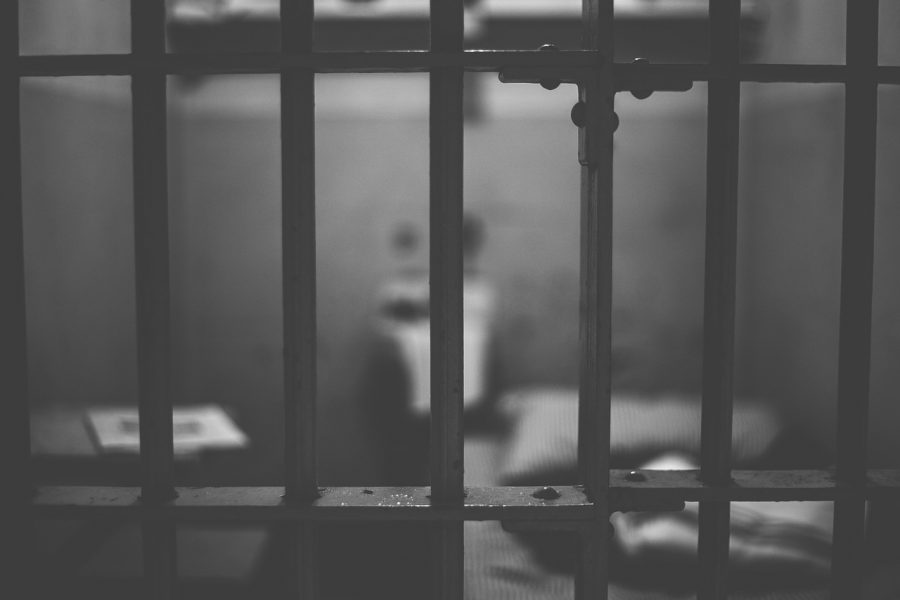
Adults who as children grew up with incarcerated parents are less likely to get medical care when they need it and more likely to engage in risky behaviors compared with peers whose parents were not incarcerated, according to new research published in Pediatrics.
Parental incarceration is considered an adverse childhood experience (ACE). Adverse childhood experiences are linked with worsened health and well-being outcomes later in life.
Prior research has established ties between parental incarceration and physical and mental health outcomes, including increased likelihood of depression, asthma and HIV/AIDS.
This new study, led by Nia Heard-Garris, a pediatrician affiliated with Northwestern University, focuses specifically on health care use and potentially unhealthy behaviors.
The researchers looked at nationally representative health survey data collected for over 13,000 participants across the span of 14 years, from 1994 to 2008, starting at adolescence and continuing through adulthood. Slightly over 10 percent of the individuals included in the sample had a parent in prison when they were children.
According to Bureau of Justice Statistics data from 2008, around 2.3 percent of children in the U.S. had a parent in prison. Nearly 7 percent of black children had a parent in prison – an increase in likelihood that is seven and a half times that of white children. Hispanic children were more than two and a half times more likely to have a parent in prison than their white peers.
Heard-Garris and her team looked at the responses recorded during the last period of data collection to determine whether parental incarceration had any long-term associations with health behaviors.
Compared with respondents whose parents were not incarcerated, those who had grown up with an incarcerated mother or father:
- were less likely to seek medical care when they needed it.
- were more likely to abuse prescription drugs, smoke cigarettes and have drinking problems.
- were more likely to have 10 or more sexual partners.
Some health behaviors differed based on which parent was incarcerated. For example:
- Those with incarcerated mothers were more likely to use the emergency room as a usual source of care than those whose parents were not incarcerated. They also were more likely to have had sex in exchange for money.
- Adults with incarcerated fathers were more likely to inject illicit drugs than those whose parents were not incarcerated. They also were more likely to engage in behaviors linked to obesity, such as watching 50 or more hours of television per week and drinking sugary drinks.
While the study does not claim causality, in a phone interview with Journalist’s Resource Heard-Garris posited that the financial strains associated with an incarcerated parent might explain the findings.
For example, a single parent might struggle to bring their children to extracurricular activities or doctor’s appointments given the demands imposed by work, Heard-Garris said. These patterns might explain health-related behaviors later on: “It can be hard for habits to go away when kids become adults,” she added.
Emotional strains associated with parental incarceration might also explain the findings, Heard-Garris suggested. She noted that keeping contact with incarcerated parents can pose a challenge. “Sometimes when parents are incarcerated, they are not necessarily incarcerated in places that are close to where their family lives,” she explained.
She suggested that locating incarcerated parents closer to their children might help to address this issue and maintain familial bonds. She also noted that corrections facilities might work on improving the experience for children visiting, offering opportunities for play and interaction with the incarcerated parent, “to make it so that a kid is not feeling like they’re incarcerated,” in order to further promote bonding.
“People think people who are incarcerated, they’re bad people, they’ve done something wrong,” Heard-Garris said. “They don’t think about the ripple effects incarceration has on families and communities.”
Policy efforts to reduce mass incarceration would also help address the issue, Heard-Garris and her colleagues write in their paper.
Until such changes occur, Heard-Garris suggested, “It’s like this cycle that continues to replicate.”
Looking for related research? Journalist’s Resource has covered scholarship on the impacts of incarcerated fathers on children as well as research on children’s experiences of parental incarceration.
